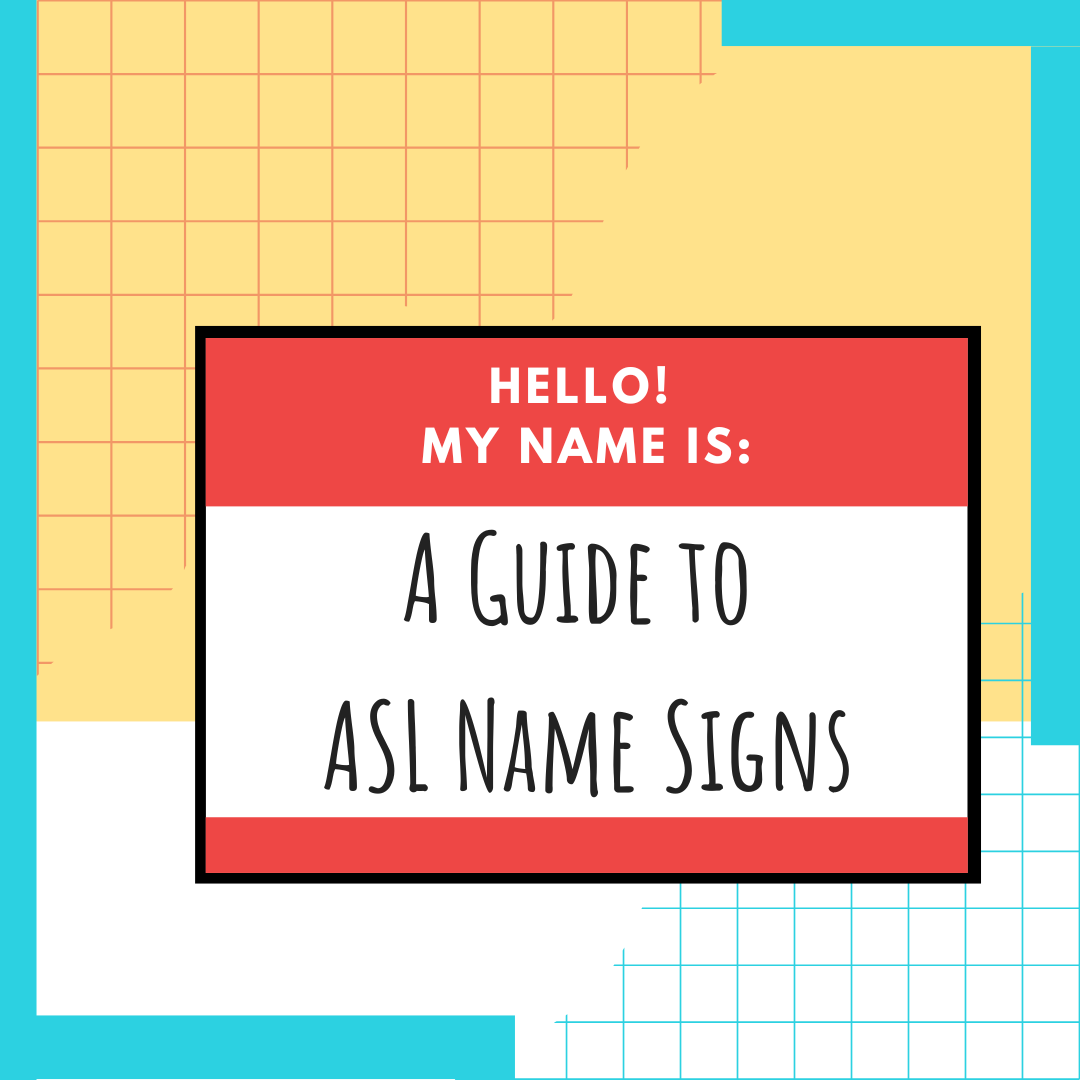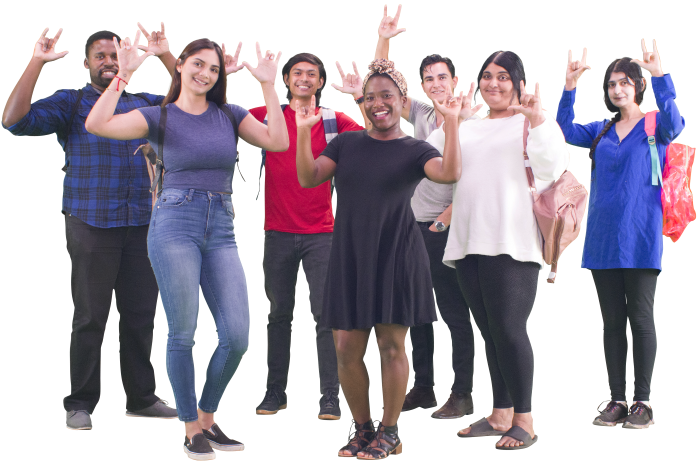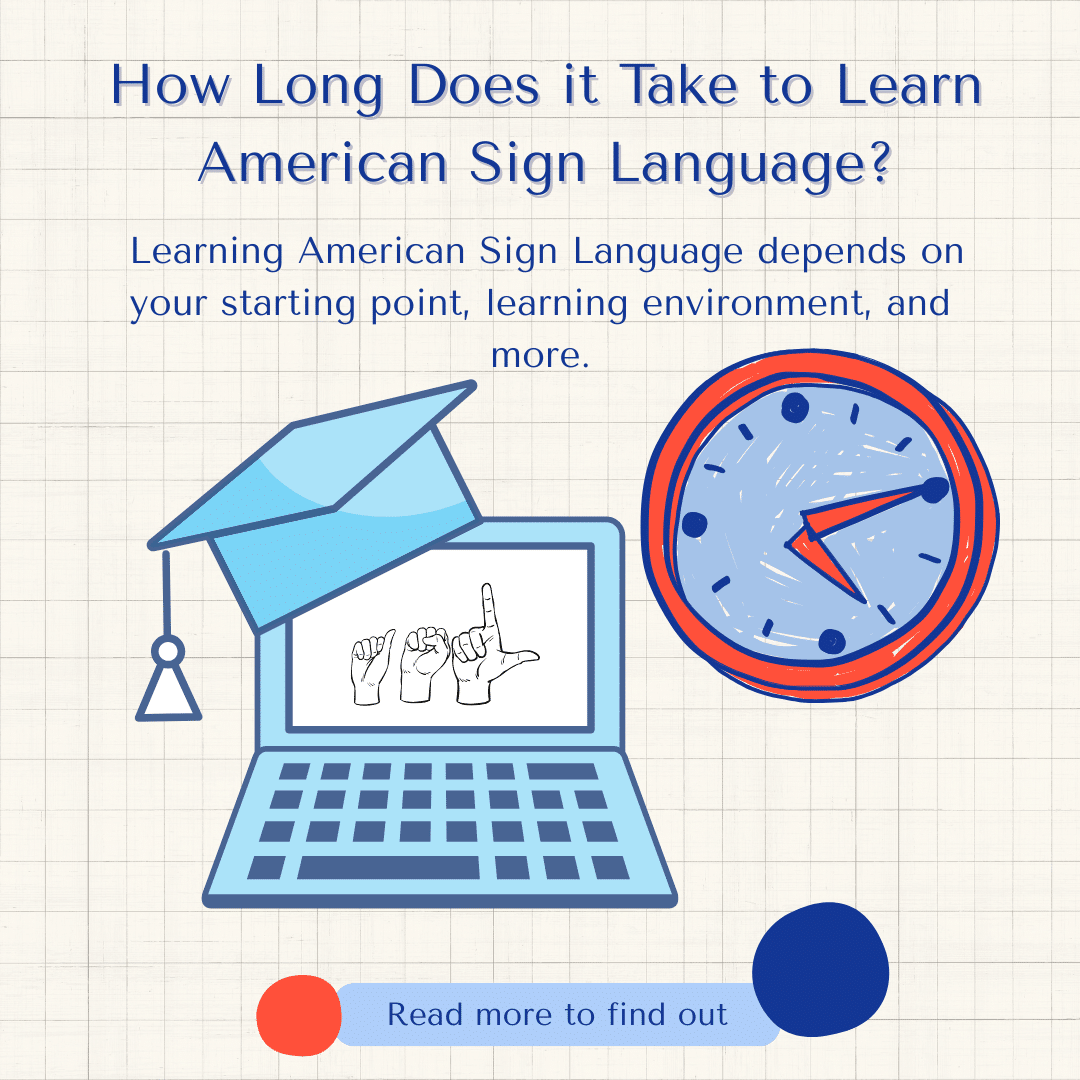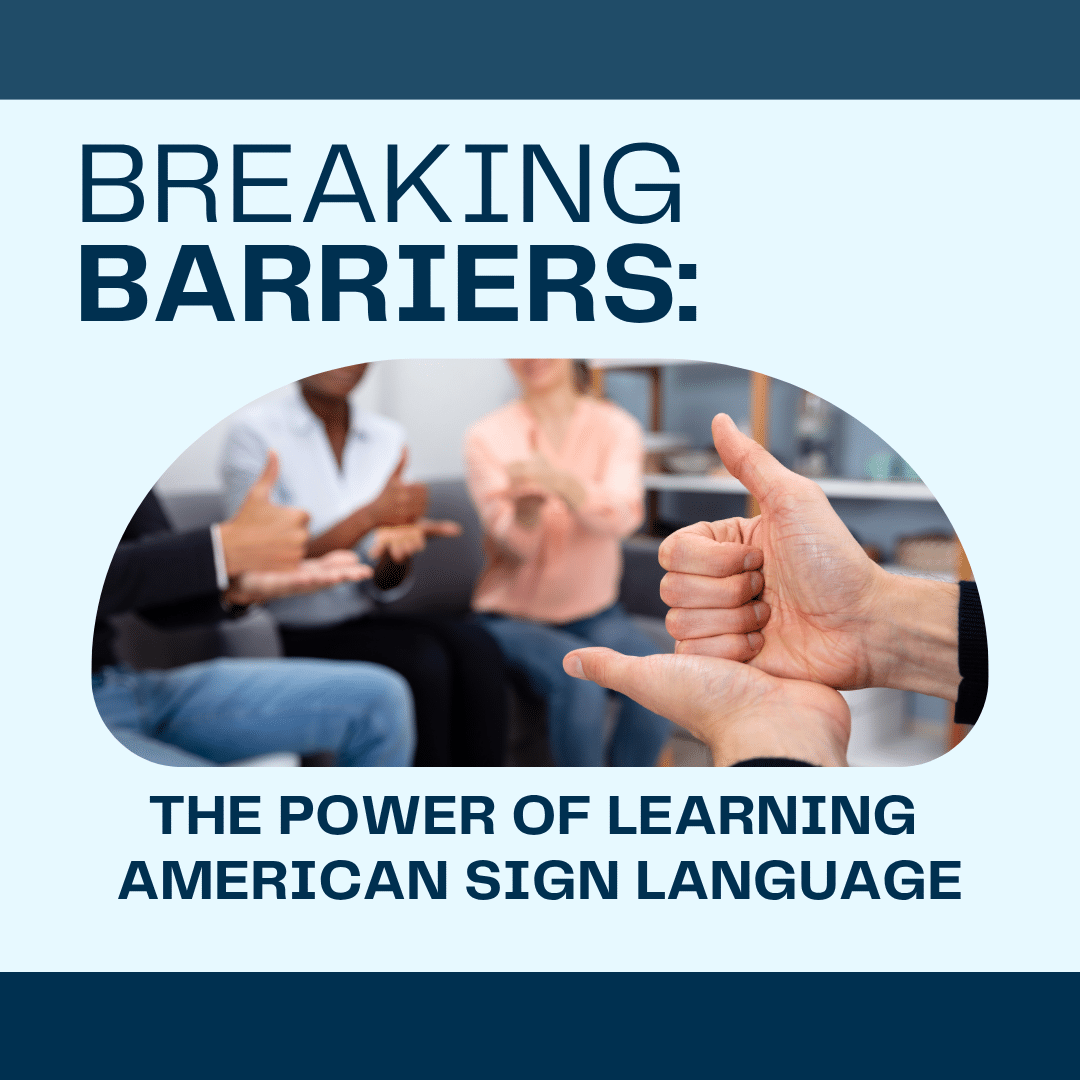
Similarities and Differences Between CODA vs Deaf Child with Hearing Parents
- by Katelyn Cheng
![What_does_CODA_mean_story2 [Fingerspelled out CODA]](https://www.startasl.com/wp-content/uploads/elementor/thumbs/What_does_CODA_mean_story2-q7vaxxv18gu1kpg7x9jqto6wo5mp2y8pr87t4yokjk.png)

Life for the hearing child with Deaf adults and deaf child with hearing parents are similar, but there are a lot of cultural differences. CODA stands for Child of Deaf Adults, which means the child is hearing with Deaf parents. There are no terms to describe a deaf child with hearing parents. Below I will share some examples of similarities and differences. There are more examples of this topic, but these are just a few.
For CODAs, since their parents are Deaf, their first language is usually American Sign Language. However, they are not always taught to talk from their parents. Since they don’t have the input of hearing the correct pronunciation of words and how are sentences are spoken, they hear from their world around them, and learn the pronunciations from their Deaf parents. Often, this results in CODAs struggling with their speech and grammar, which sometimes leads to being placed in speech therapy or being held back in school. CODAs also experience bullying and mocking of sign language as well as their parents having their parents mocked. To remedy this occurrence, Deaf family members will often do different things to help their hearing child. Parents may have their child watch tv to listen in. Or if they have any hearing family members, they might reach out to them.
A deaf child in a hearing family typical first language is spoken English, Signed Exact English, or Cued Speech. Deaf children normally go to speech therapy to learn how to speak orally. The hearing family can learn ASL, but not all do. Most hearing speaking families are multilingual and can speak multiple languages. Not all deaf people can speak the 2nd language because they only learned English growing up. Deaf people in hearing families will learn sign language eventually either from Deaf schools or socializing with Deaf people. Since the child is deaf, they would be taught to speak. It depends on the person if he or she is completely deaf or is hard of hearing, wears hearing aids or cochlear implants. Deaf people varies in clarity when they speak. Some will speak with a prominent deaf accent whereas others will be unnoticeable. Either way, deaf people tend to experience bullying in school. Deaf people would have intense speech therapy until their speech is close to how a normal hearing person would talk. Some hearing parents will learn American Sign Language, but other hearing parents will only communicate with the deaf child via talking.
Although it is more common for doctors to tell hearing parents of deaf children to not sign and to use hearing aids and communication orally, some deaf children with hearing parents do sign ASL at home. Parents of deaf children can also be a signing family. Usually this happens when the parents have a deaf friend or advocate guiding them. They will need to take ASL lessons early on to promoting signing in the family. It all depends on where the family lives, the kind of resources they have near them, and what they have been advised by doctors, advocates, and other professionals.
CODAs are in mainstream education schools along with other hearing peers. The deaf child also in mainstream schools, but accommodations aren’t always easily accessible. CODAs have no problem with going to school, although they can experience bullying from other students. In mainstream schools, the deaf child may not only miss out being involved in the Deaf community, ASL, and interacting with Deaf people, but they also struggle a lot in schools because they are not provided with accommodations that help them be successful in their education. Deaf children may also attend schools with Deaf programs or whole schools for the Deaf.
When having dinner or interacting with a Deaf family, it is considered rude to not be involved in conversations, listen to music, or doing an activity where other Deaf family members cannot feel included. That is one of the biggest struggles of being a CODA. A deaf child can feel left out of conversations; therefore, will be on their phones, which are considered rude to other hearing people. During a conversation, discussion, or argument CODAs can comment out loud under their breath their frustration or annoyance because the Deaf family cannot hear.
CODAs can carry a heavy burden of communicating for their Deaf family members. CODAs are expected to make phone calls with other hearing family members on behalf of the Deaf family member because of communication barrier. The Deaf family member cannot speak, nor the hearing family member does not know sign. That is a pet peeve some CODAs experience.
The mentality between hearing people and Deaf people differs. For instance, the CODA wants to pursue a career in signing, but the Deaf family will think that is absurd. Especially if the Deaf family cannot enjoy their hearing child’s singing, there is a disconnect with enjoying the child’s passion for singing. At a concert, movie, comedian shows, when hearing/listening is required to enjoy the entertainment, the Deaf family cannot enjoy it if accommodations are not provided, so they have the tendency to chat during the performance.
Dating can be difficult for CODAs. CODAs struggle finding a girlfriend who is hearing and can be understanding of his or her family being Deaf and their culture. There is a friend whom Katelyn met and he is a CODA. He has described to me that he struggled to find someone to date with. A CODA can date a Deaf person that cannot speak or hear at all, but the CODA wants to be able to communicate orally and his girlfriend to be part of his hearing world. On the other hand, if he finds a hearing girlfriend, there will be cultural and communication differences that can cause the relationship to not work out. It was mentioned to him about SocialASL.com and to sign up on there. Maybe on there he can find someone who is a good match for him and is a best of both worlds. If not a relationship, maybe a friendship.
– Personal Experience: Since Katelyn grew up in the hearing world, she has always thought that dating a hearing guy was the best option for her. Later, she realized that she finds the relationship better and more stable when she dates a deaf guy because of the cultural similarities. Even though, the hearing guys did not mind learning ASL and understanding her deaf world, there were still differences in not only culture, but difference in understanding the struggle and life being deaf. Everyone has their own preferences, but from Katelyn’s experience she can see how the cultural difference can affect the relationship and her friends and family. Deaf dating has a huge spectrum and as mentioned, it depends on the chemistry of the relationship and how well the two people get along despite the deaf/hearing differences. –
CODAs are usually the interpreters, even at a young age, for their parents if a certified interpreter is not available. This leaves CODAs pivoting between two worlds, the normal hearing world and the world where they would have to interpret for their parents or family members. The family depends on the hearing child for help. When the CODA is interpreting for his or her family, that hearing child must keep in mind that Deaf people tend to be very direct and blunt, so when the hearing child is translating to make sure that he or she says what is appropriate to say to other hearing people. Sometimes during translating, the hearing child can have his or her own opinion and not necessarily translate everything being said in the conversation. This can be very frustrating for Deaf people.
CODAs learn to be independent at a young age since the family depends on the child to take care of things especially when “hearing” and communicating with others is involved. It is the opposite for the deaf child. The deaf child would normally have to rely on their families. Typically, they are not independent until later when they are older. Unlike other hearing kids, they don’t have the ability acquire environmental language like overhearing conversation between adults. To read more, check out this article Language Deprivation in Deaf Children.
Also, in Deaf families, the Deaf brother or sister will feel frustrated that their hearing sibling is being depended on when the Deaf sibling can do those things. The Deaf siblings will be “frowned upon” because they are not seen as the first person to go to, is responsible, or have the capability to certain things. CODAs will not only feel the burden of providing the help for their Deaf family but also, they in some way feel pushed out by their Deaf siblings because of the difference in dependent equality.
CODAs can be loud and play their music early in the morning or late at night because their Deaf family won’t wake up to the sounds; however, on the other hand, the Deaf family can be extremely loud in the morning and at night during when the hearing child is sleeping. This is another pet peeve for CODAs.
Start Learning ASL Today!
 Ready to start learning real American Sign Language and not just basic signs? Do you want to be a part of the vibrant Deaf community? Check out our Free ASL 1 Course or our Complete 4-Level ASL Course options and start learning ASL today!
Ready to start learning real American Sign Language and not just basic signs? Do you want to be a part of the vibrant Deaf community? Check out our Free ASL 1 Course or our Complete 4-Level ASL Course options and start learning ASL today!








